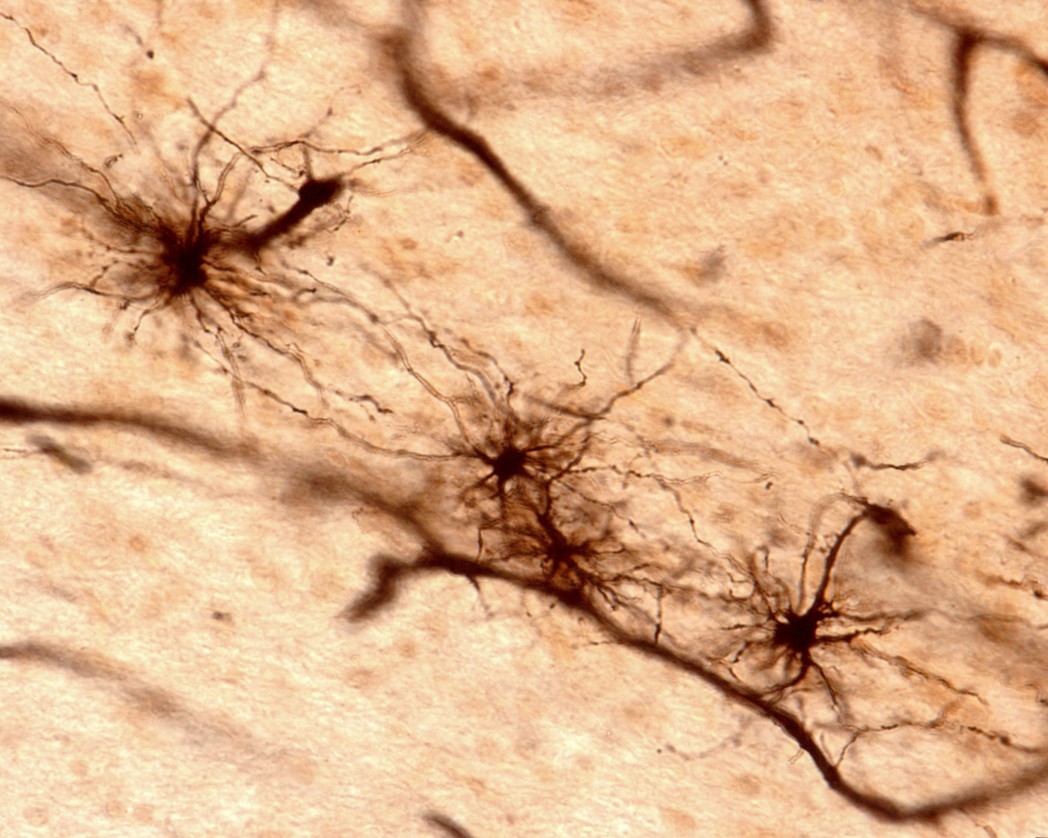Study Findings May Lead To Future Genetic Test For ALS
Written by |

Researchers from the University of Toronto (UT) have recently discovered a potential way to detect a genetic predisposition for Amyotrophic Lateral Sclerosis (ALS), before the debilitating symptoms of the disease begin. The study, entitled, “Jump from Pre-mutation to Pathologic Expansion in C9orf72,” was published in the latest edition of the American Journal of Human Genetics.
Background Terminology:
- DNA sequence: A nucleic acid sequence is a succession of letters that indicate the order of nucleotides within DNA.
- Epigenetics: the study of external or environmental factors that turn genes on and off and affect how cells read genes.
- RNA expression analysis: this analysis provides researchers with greater insights into biological pathways and molecular mechanisms that regulate cell fate, development, and disease progression.
ALS, also known as Lou Gehrig’s disease, is a progressive disease that attacks the nerve cells that control muscular actions such as walking and respiration. Patients diagnosed with the disease will have increasing problems with breathing, swallowing, and speaking or forming words. In the late stages of the disease, patients rely solely on caretaker assistance for all their needs. ALS is a terminal diagnosis in which most patients die from respiratory failure within 2 to 5 years. In 90% of patients who are diagnosed with ALS the cause is unknown. For the remaining 10%, the cause is attributed to genetic risk factors.
In this study Dr.s Rogaeva and Zinman, Professors Division of Neurology, UT, and their team have provided conflicting evidence towards the assumption that one risk factor for ALS is having a parent with the disease; instead they have found that a mutation in the C9orf72 gene causing abnormal sequence repeats could be the answer.
The researchers followed three generations of a single British-Canadian family which had a history of ALS. This history included:
- Four of five adult children possessed the repeat, as a result of a damaging mutation in the C9orf72 gene responsible for ALS.
- Two of the adult children died due to complications from ALS.
- The grandparents and parents were healthy adults (no history of ALS)
The father’s (89 years old) epigenetic and RNA-expression analyses showed 70 repeats, which is not sufficient to cause ALS. His affected children on the other-hand had a mutation that resulted in more than 1000 repeats. This difference in gene expression is considered to be, by the researchers, a contributing factor to how the children acquired ALS, while the father remained healthy.
In a University press release about the future implications of the study’s findings, Dr. Zinman, stated “With further research, we may be able to use this information to develop a genetic test that can identify if parents are likely to pass a mutation that may cause ALS in their offspring.”
“We were fortunate to have the opportunity to look at a multiple generation family. It gave us a much more complete picture of the genetic development between each branch of the family tree.” said Dr. Rogaeva.
The researchers plan to build upon these results and study other multi-generational families and unaffected parents. Their hope is to identify a range of C9orf72 repeats that may one day be used to predict a genetic predisposition to ALS in children.





